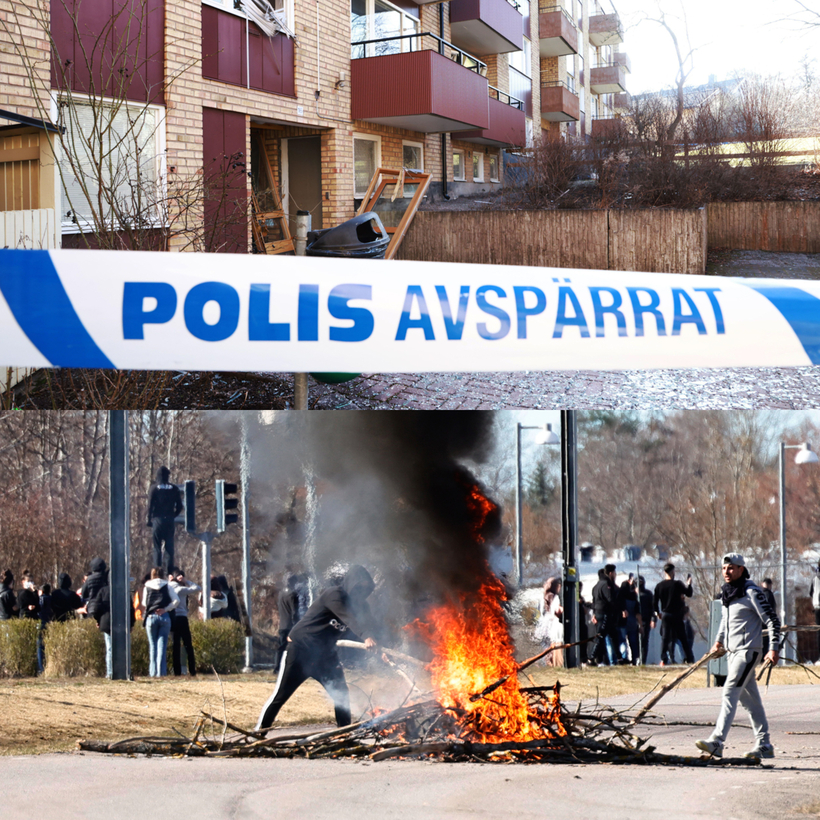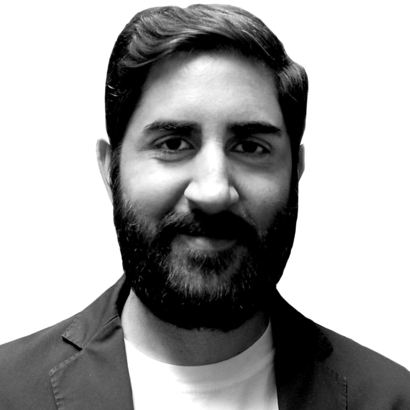In one way, the series of events that led to Sweden becoming the violent-murder capital of Europe, held up its accession to NATO as Russia circled, and allowed Iran a terrorist foothold in Europe began with an image that appeared on September 2, 2015.
It shows a tiny figure in a red T-shirt and blue shorts, lying face down on the beach in Bodrum, Turkey, a landing spot for migrants attempting to enter Europe in small boats. Alan Kurdi was two. He had drowned fleeing civil war in Syria. The waves lapping at his face indicate that he is dead. Everything else about him—his chubby arms, his tiny shoes—feels like you could just pick him up and make it better.


